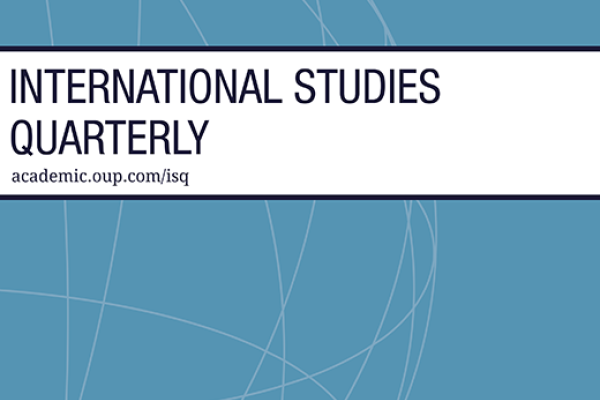
Projects
DFG Emmy Noether Junior Research Group: Renewable Energies, Renewed Authoritarianisms? The Political Economy of Solar Energy in the Middle East and North Africa (MENA)
Thyssen foundation: Promises of Democratic Connection? The Politics of Transregional Energy Infrastructure Expansion
EUCOR seed money: Making Infrastructure Global? Design and Governance of Infrastructural Expansion in the Global South
Networks
Research Network External Democracy Promotion EDP
FRIAS Young Academy for Sustainability Research
Miscellaneous
Member of the International Editorial Advisory Board of Middle East Critique
Co-Speaker of the German Oriental Studies Association's working group 'Postcolonial Perspectives'
Member of the Steering Committee of the Freiburg Institute for Advanced Studies (FRIAS)
Consultancies
(2022) Unlikely Companions of Energy Transitions? Opportunities and Challenges of Triangular Cooperation between the EU and the GCC in the MENA, EuroMeSCo policy report, IEMed and EU, co-authored with Eckart Woertz
(2020) The Socio-Economic Effects of Solar Energy in the Middle East and North Africa, expert study, Friedrich Ebert Foundation (FES) Climate and Energy Project MENA
(2018-19) Politökonomische Kurzanalyse (PÖK) Jordanien (Neufassung 2018, Überarbeitung 2019), German Federal Ministry for Economic Cooperation and Development (BMZ).
Select publications
Monographs:
(2019) Promoting Democracy, Reinforcing Authoritarianism: US and European Policy in Jordan (Cambridge University Press); reviewed in The Middle East Journal and Democratization.
Articles & book chapters:
(2024) "'Seizing the Moment': Arab-Israeli normalization, infrastructure as a means to bypass politics and the promotion of an Israeli-Jordanian transit trade route", Geopolitics, online-first.
(2023) "Follow the Grid, Follow the Violence: The Project for a Transregional Mediterranean Electricity Ring", Middle East Critique, online-first.
(2023) "The Geopolitical Economy of an Undermined Energy Transition: The Case of Jordan" (co-authored with Hussam Hussein), Energy Policy, 180: 113655, open access.
(2023) "Authoritarian power and contestation beyond the state" (co-authored with Julia Gurol, Alke Jenss, Fabricio Rodriguez & Cita Wetterich), Globalizations, online-first.
(2023) "Prefiguring politics: transregional energy infrastructures as a lens for the study of authoritarian practices" (co-authored with Alke Jenss), Globalizations, online-first.
(2022) "Infrastructuring Authoritarian Power: Arab-Chinese Transregional Collaboration beyond the State" (co-authored with Julia Gurol), International Quarterly for Asian Studies, Vol. 53, No. 2, pp. 231-249, open access.
(2021) "Rethinking Authoritarian Power: The Logistics Space and Authoritarian Practices in and between Secondary Port Cities of the Global South" (co-authored with Alke Jenss), International Studies Quarterly, Vol. 65, pp. 82-94, open-access.
(2020) "Essential Readings on 'Democracy Promotion'", Jadaliyya, Middle East Studies Pedagogy Initiative (MESPI), July 21.
(2018) "Marketing parliament: The constitutive effects of external attempts at parliamentary strengthening in Jordan", Cooperation and Conflict, Vol. 53, No. 2, pp. 237-58.
(2017) "Simulating, marketing, and playing war: US-Jordanian military collaboration and the politics of commercial security", Security Dialogue, Vol. 48, No. 5, pp. 431-50.
(2017) "Jordan’s KASOTC: Privatising anti-terror training", Al Jazeera, July 17.


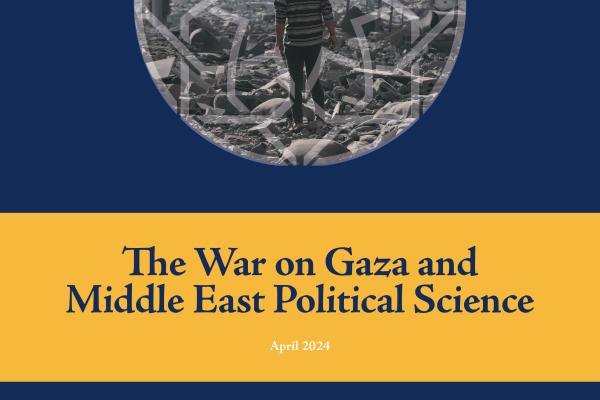
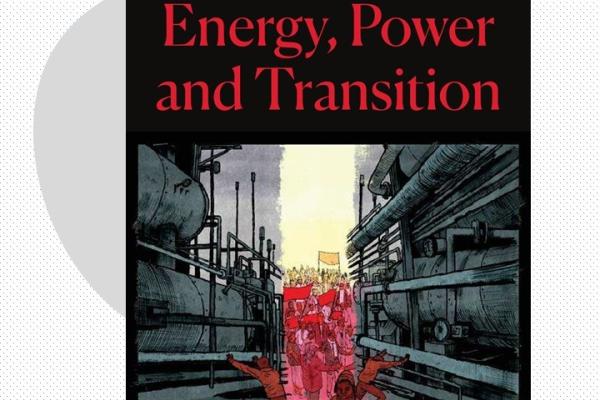
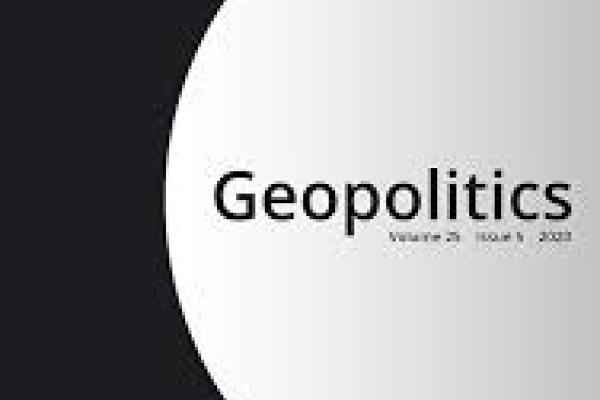
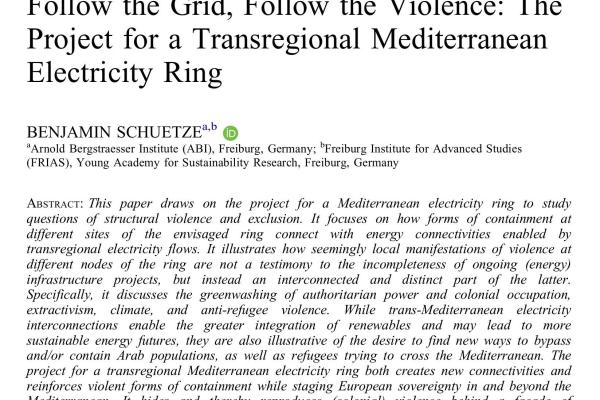
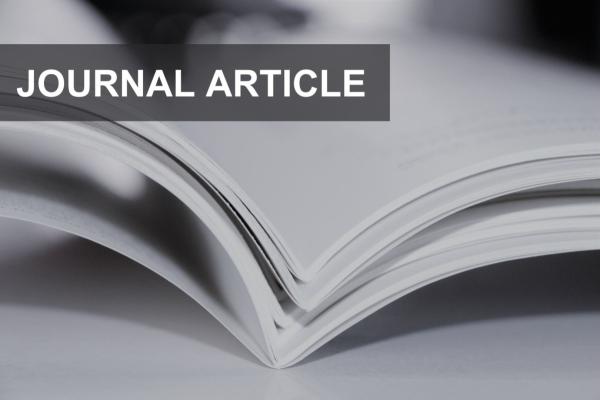
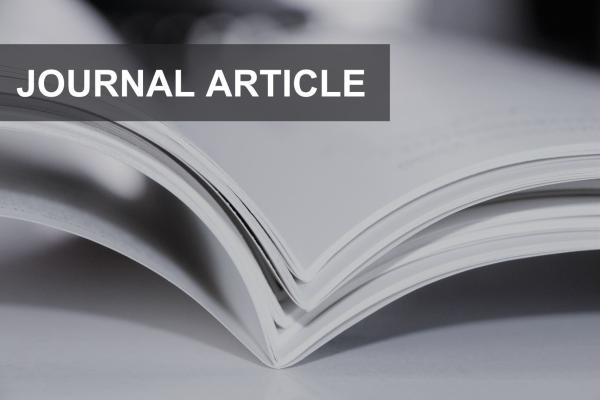
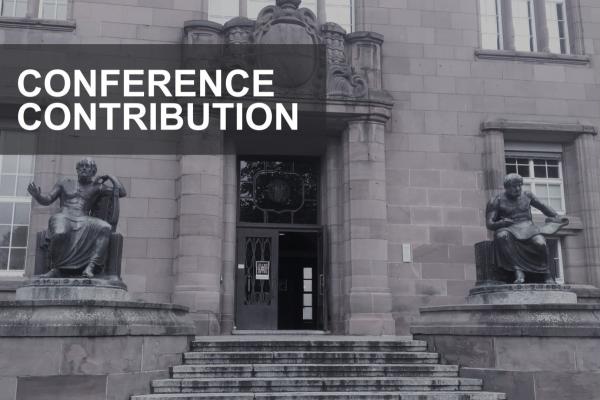



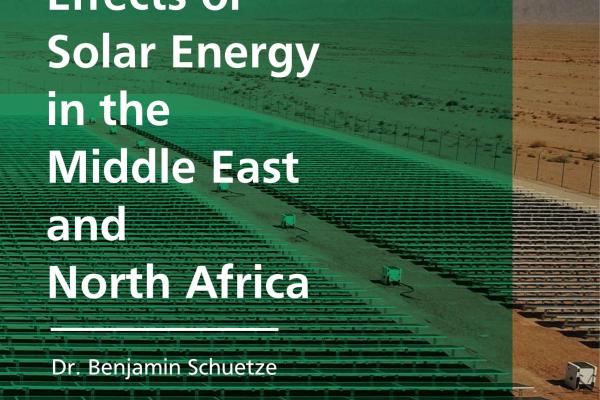
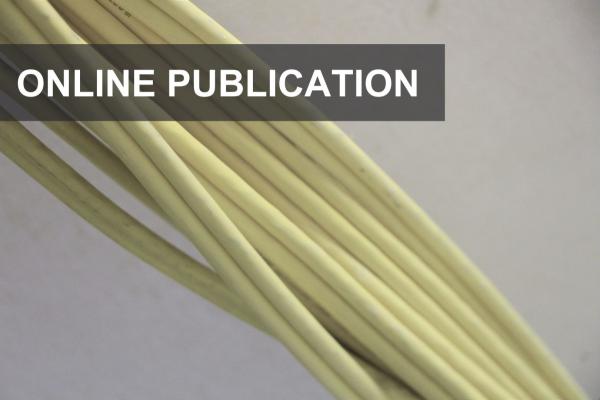
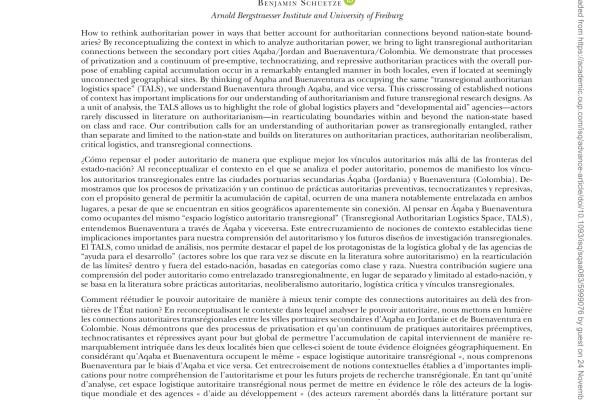 ,
, 